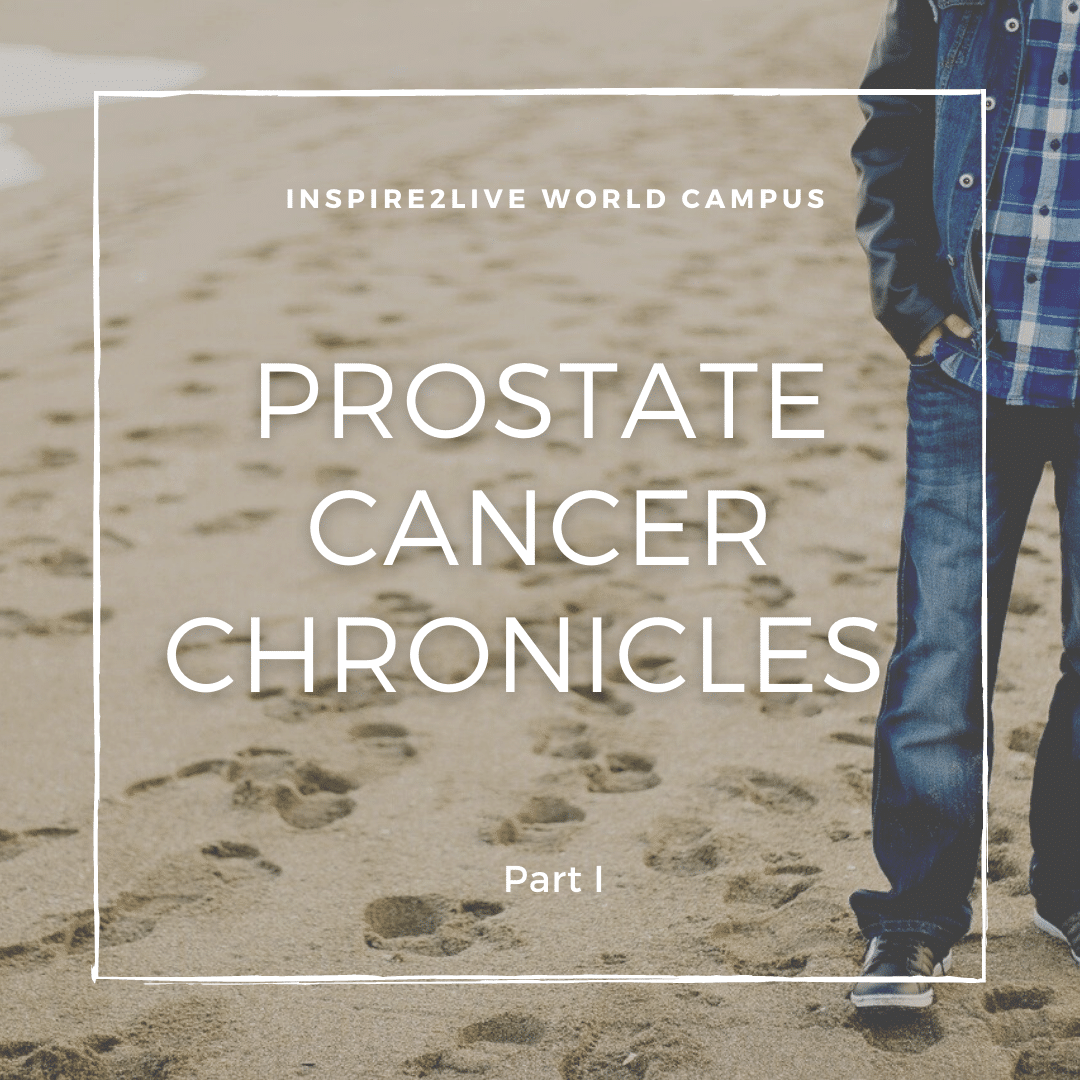Two weeks ago, my contribution to these pages concerned screening for prostate cancer. I wished to make a point regarding the importance of better understanding our felt reasons for demanding screening versus the rationality of such a demand. I wrote as a man without properties. But I am a particular man, not a robot or bot. I am 54, Dutch of Frisian descent. I have not signs of prostate cancer that I know of. I made my points without any reference to who I am.
Jelle Barentsz, a radiologist from the Radboud Medical Centre and a specialist of prostate cancer early detection responded quickly. He was critical and engaged. We had an excellent conversation a couple of days after my publication.
Jelle responded to me by saying that prostate cancer usually does not give symptoms. When I said that prostate cancer test when applied to men indiscriminately generates many false positives Jelle responded by saying that is true, but when followed by a MRI you significantly recognize the false positives as you recognize the most important confounders: prostatitis and benign prostate hyperplasia (BPH). You recognize these 2 abnormalities on the image.
It was suggested that prostate cancer is relatively low malignant. But a lot of men (annually >2,500) die every year by prostate cancer. This equals breast cancer mortality. Beside mortality, morbidity is important: there are many men that suffer from severe metastatic prostate cancer.
I wrote that doctors should know and that patients would want to know as well. Jelle let us know that the Prostaat Kanker Stichting (PKS) knows as well. When I asked if seminars may help, Jelle responded that this will certainly help communication and awareness.
We agreed to initiate a seminar group that will focus on prostate cancer screening and early detection. We also want a seminar group with all stakeholders: patients, general practitioners, urologists, radiologists, health care providers, politicians, health council, funding organizations, researchers. I am going to chair the seminar group. Jelle will participate as one of the experts. I will also participate as a 54 year old guy and somebody trained in statistics and risk literacy.
Jelle is a doctor who sees patients and has been a patient himself (he had a partial spinal cord paralysis, and had to learn and managed to walk again). Like me, he is also a researcher, and tries to create awareness about validated and implementing innovations that can help patients. I am also a doctor, but not of the sort who sees patients. I am a researcher. I acquired my title because I qualified as a researcher and was granted a doctorate.
I am also a guy, who wants to be confident regarding the precarious issue and is a 54 year old human being with a prostate. I know that the PSA test is notorious for its high number of false positives. I also know that the test yields many false negatives. My informed instinct tells me I should distrust this test to the bone. But that is me. Who am I to tell other human beings with a prostate, to listen to what my informed instincts tell me?
The thing is, my choice is the result of a mixture of rational calculation, risk literacy and reasons that relate to being 54, a father of 3 young adults, with no known history of prostate cancers in his bloodline, a man with basic instincts and somebody who does not take his good health for granted.
But that is me, not you. In the seminar we wish to open the conversation to confront and maybe reconcile reason and rationality.
Jan Gerrit Schuurman
Patient Advocate Inspire2Live

